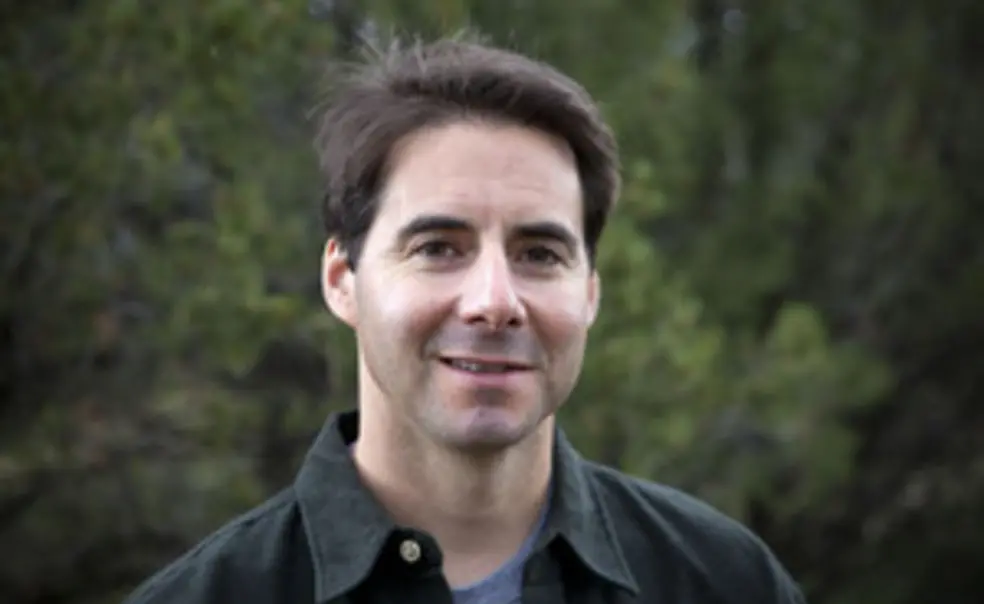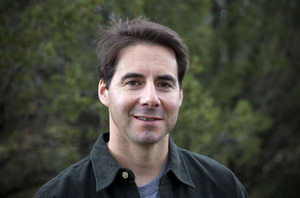Tiger of the Week: Peter Hessler '92
(Courtesy the John D. & Catherine T. MacArthur Foundation)
When author and freelance journalist Peter Hessler ’92 received the surprise call notifying him that he’d won the MacArthur fellowship, the reporter in him took over. He jotted down notes, names, and phone numbers on a pad near the phone. But afterward, he could barely make sense of what he’d written. “It’s disorienting,” Hessler told PAW. “You wonder if it’s real.”
For the lucky few who receive the $500,000 no-strings-attached MacArthur fellowship, the award can mean many things, like more time to do research and freedom to take risks. Hessler said that in his case, the timing was particularly fortuitous. Next month, he and his wife, journalist Leslie T. Chang, will move to Cairo, Egypt, with their twin daughters. Having the backing of the MacArthur fellowship should help in their transition to new surroundings.
Hessler and Chang had decided to move to Egypt before the “Arab spring” uprisings that have significantly reshaped the country’s outlook. Hessler, whose previous reporting has focused on China, said he is attracted to places in transition that also have deep history. “The present plays off [history] in so many different ways,” he said. “As a writer, it gives you different directions.”
Hessler, one of 22 men and women to receive the so-called “genius grant” this year, has spent much of the last two decades abroad, beginning immediately after graduation when he studied at the University of Oxford on a Rhodes scholarship. He later went to China with the Peace Corps, teaching English in a rural town. His experiences were chronicled in his first book, River Town (2001). Hessler continued to cover the rapid transformations in modern China as a Beijing correspondent for The New Yorker, and his reporting led to two more books – Oracle Bones (2006) and Country Driving (2010). He moved to Colorado in 2007.
Hessler said that Princeton had an “incredible impact” on his development as a writer. He originally had hoped to write novels, but a junior-year class with John McPhee ’53 gave him a new understanding of long-form nonfiction, which has proved to be a better fit. He did not write for any of the University’s student publications, but in his senior year, he reported a feature story for PAW, profiling a Mormon undergraduate who took leave to do missionary work in Iowa.
As a reporter and writer, Hessler said that he draws on an eclectic array of experiences, including working as a research assistant on an ethnographic study during one of his collegiate summers, teaching in the Peace Corps, and running for the Princeton cross country team, which instilled a sense of dedication and patience. While his background does not include much formal journalism training, he said, “In retrospect, it all adds up.”
In addition to Hessler, two of the 2011 MacArthur fellows have Princeton connections: University of Michigan chemistry professor Melanie Sanford worked as a postdoctoral researcher in the lab of Princeton’s John T. Groves from 2001 to 2003, and architect Jeanne Gang taught at the University in 2007.
Do you have a nominee for Tiger of the Week? Let us know. All alumni qualify. PAW’s Tiger of the Week is selected by our staff, with help from readers like you.













No responses yet